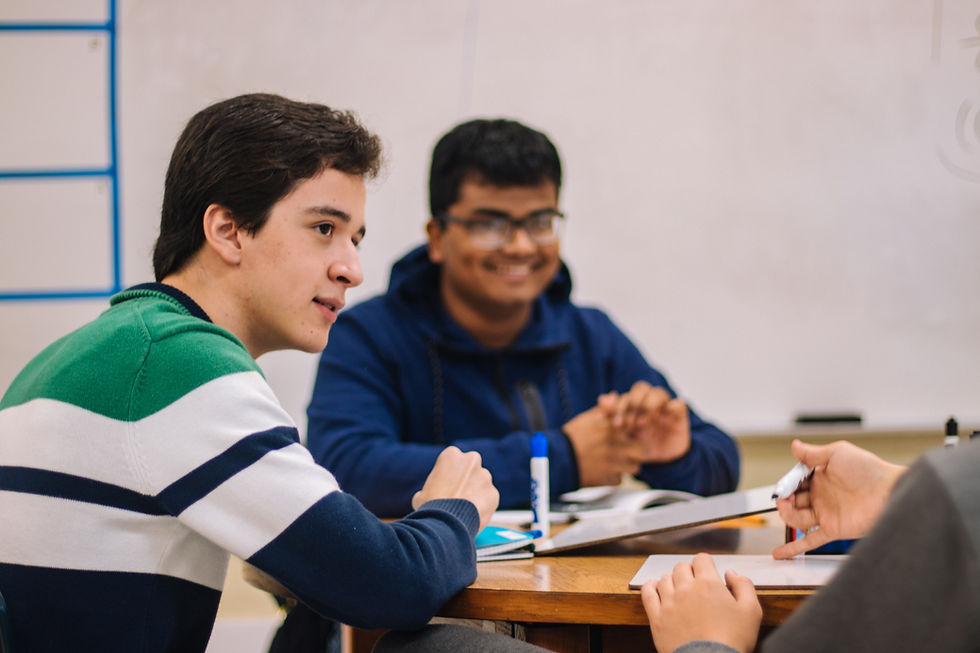Six ways to help your child back to school
- Tamsin Denbigh
- Aug 31, 2020
- 3 min read
Updated: Jan 3, 2023

Many children and teenagers will feel excited about returning to school this September. But many will also understandably feel a whole range of emotions after a long period of lockdown due to Covid-19, with less structured time at home and more time spent in a small social bubble.
These 6 tips are designed to help you navigate your child’s return to school. Please note the tips are not age-specific, so please adapt to what feels right for you and your family.
Encourage your child to talk to you before starting school
Questions to your child such as the ones below will help them to familiarise and normalise school again, and get them looking ahead to their first day.
“What 3 things are you most looking forward to?”
“Which one of these is going to be the most fun?”
“Who have you missed the most?”
“Which of your friends is the most pleased about going back to school and why?”
“Which of your friends is the least pleased about going back to school and why? How can you make their first day feel better for them?”
“How will you know you are doing ok on your first day back?”
“How will you know when you get home that the day went ok?”
Reassure your child about school measures to keep them safe
During lockdown we’ve been encouraged to stay at home, wash hands and socially distance, so it’s confusing for children to understand why school should suddenly now be safe. Talk them through the measures in place at their school so they understand the ways to keep safe.
Re-establish a routine before school starts
Most people’s schedules have varied during lockdown. Help your child to get ready for school by gradually getting them back to their usual morning and bedtime routines a few days or a week before they start back.
Don’t put unnecessary pressure on yourself or your child
The first few weeks may have some ups and downs as your child adjusts to school. Expect some grumpiness, some frustration, some sleeplessness, some arguments. Spend time reassuring and being understanding with them, having some nice dinners, movie night etc., and don’t worry too much about getting homework done and getting the school routine immediately working.
Talk about other things looking ahead
Shift the focus away from school by talking about other things that your child likes doing. What they’d like to do at the weekend? Which friends they’d like to see? Find ways to chat that make it easier for your child like going for a walk, baking together or in the car.
Get help if you need it
Transitioning back to school may not be easy for your child. They may feel worried, stressed, angry, feel socially anxious or anxious about their health. These feelings are totally normal given what we are going through.
If your child is finding it hard to settle back in to school after a few weeks or a month, talk to your school, your GP or get some support from a therapist. Sometimes just talking to someone else can help them understand why they feel like they do, and provide techniques to cope better and reduce anxiety.
#hypnotherapy #onlinehypnotherapy #somersethypnotherapy #wedmore #cheddar #anxiety #anxietyaboutschool #socialanxiety
About the author: Tamsin practises Solution Focused Hypnotherapy which is a talking therapy which looks to the present and future to find solutions, rather than focusing on past problems. It is a positive, empowering, fast-working treatment. Hypnosis, or deep relaxation, is an optional part of the treatment - teenagers often really like it - it’s like a pamper session for the mind - but for younger children other techniques can be used such as drawing or storytelling.
.png)



Comments